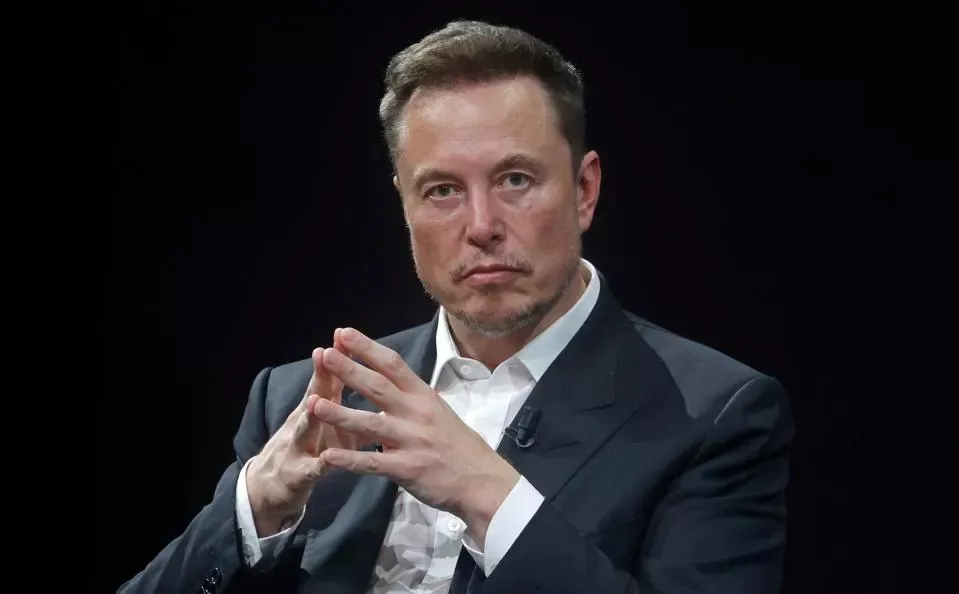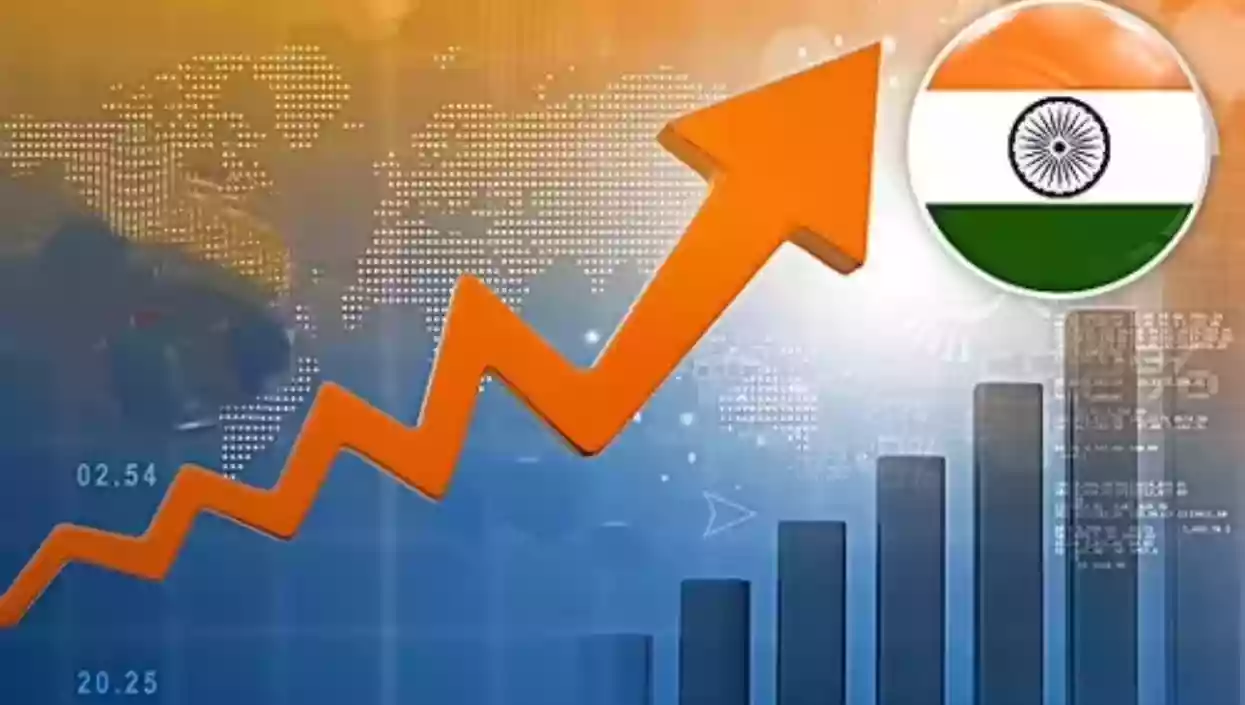Kasba Gangrape: Court sends all 3 accused to 7-day police custody
.gif)
.gif)

In a significant development, the Minister for State for Commerce and Industry, Som Parkash, announced on Wednesday that the Indian government is not considering reducing taxes on imported electric vehicles. This decision directly impacts Tesla's plans for its mega factory in India, as the Elon Musk-owned company had sought tax breaks to facilitate its entry into the Indian market.
Currently, Tata Motors holds the position of the highest-selling electric car manufacturer in India, with its Nexon EV ranking as the country's best-selling electric car.
Contrastingly, MG Motors recently introduced its electric car in India, but it has not achieved the level of success witnessed by Tata Nexon EV.
Despite the government's reluctance to reduce taxes on imported electric vehicles, it has been actively working to boost local electric vehicle (EV) production. In 2021, India launched a $3.1 billion incentive program and has also provided incentives to companies interested in manufacturing batteries within the country, according to reports.
This unexpected government statement comes as a deviation from its earlier efforts, as it was reportedly working on a policy that would have allowed international companies to import electric cars at concessional tax rates, provided they commit to eventual manufacturing in India.
Tesla and the Indian government have been engaged in discussions about manufacturing cars in India. Elon Musk had sought lower taxes to facilitate the manufacturing process in the country. In June, Musk expressed his company's interest in investing in India. However, with the government's recent declaration, the plan may face delays.

India to remain fastest-growing economy in 2025-26 as global growth decelerates: Morgan Stanley